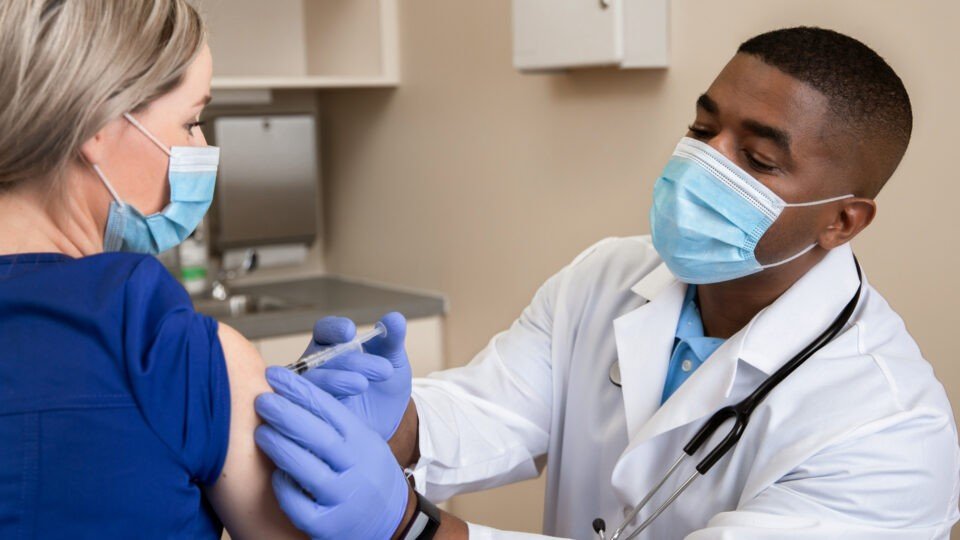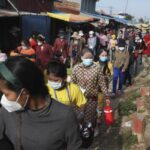Foreigners in Thailand may have to wait until August before receiving vaccinations from the government, City Hall’s top health official said yesterday.
Panruedee Manomaipiboon, the Bangkok Metropolitan Administration’s (BMA) Health Department director, said the Health Ministry aimed to vaccinate everyone in Thailand, including foreign residents and immigrants.https://imasdk.googleapis.com/js/core/bridge3.458.0_en.html#goog_31707186+
“We need to build herd immunity, which means we cannot segregate Thais and foreigners. The government has prepared enough vaccine for everyone in Thailand,” she said.
The plan is to vaccinate those most a risk first, such as medical staff and other frontline workers, those with underlying conditions, the elderly, and then move on to the general public.
As for foreigners, only immigrant workers in Samut Sakhon have been vaccinated so far to curb the provincial cluster outbreak, she said.
Nevertheless, she said that foreign residents may have to wait until August to register for vaccination.
“As I have said before, the Health Ministry plans to vaccinate Thais first. We will try our best to vaccinate Thais within two months, namely June and July, and then try to open foreign resident registration in August,” Ms Panruedee said.
The Health Ministry will leave no one behind regardless of their nationality, she stressed.
For registration, she insisted it should be done via the Mor Prom mobile application, to reduce the risk of infection.
BMA spokesman Phongsakorn Kwanmuang said there were now eight clusters where the disease was spread.
However the situation in some areas, including the Bon Kai community in Pathumwan district, Ban Khing community and department store in Bang Khae, Wat Sommanat in Pomprap Sattruphai district and Sampheng in Samphanthawong district, was improving.
“Din Daeng, Dusit, Klong Toey and Suan Luang still need close monitoring,” he added.
Infections were mostly spreading in crowded areas such as communities, markets, company offices, worker camps and stores because of close contact between individuals.
“They share the same dishes. They share the same space for activities which leads to further infections within communities. In some clusters, it is being spread among family members,” he added.





